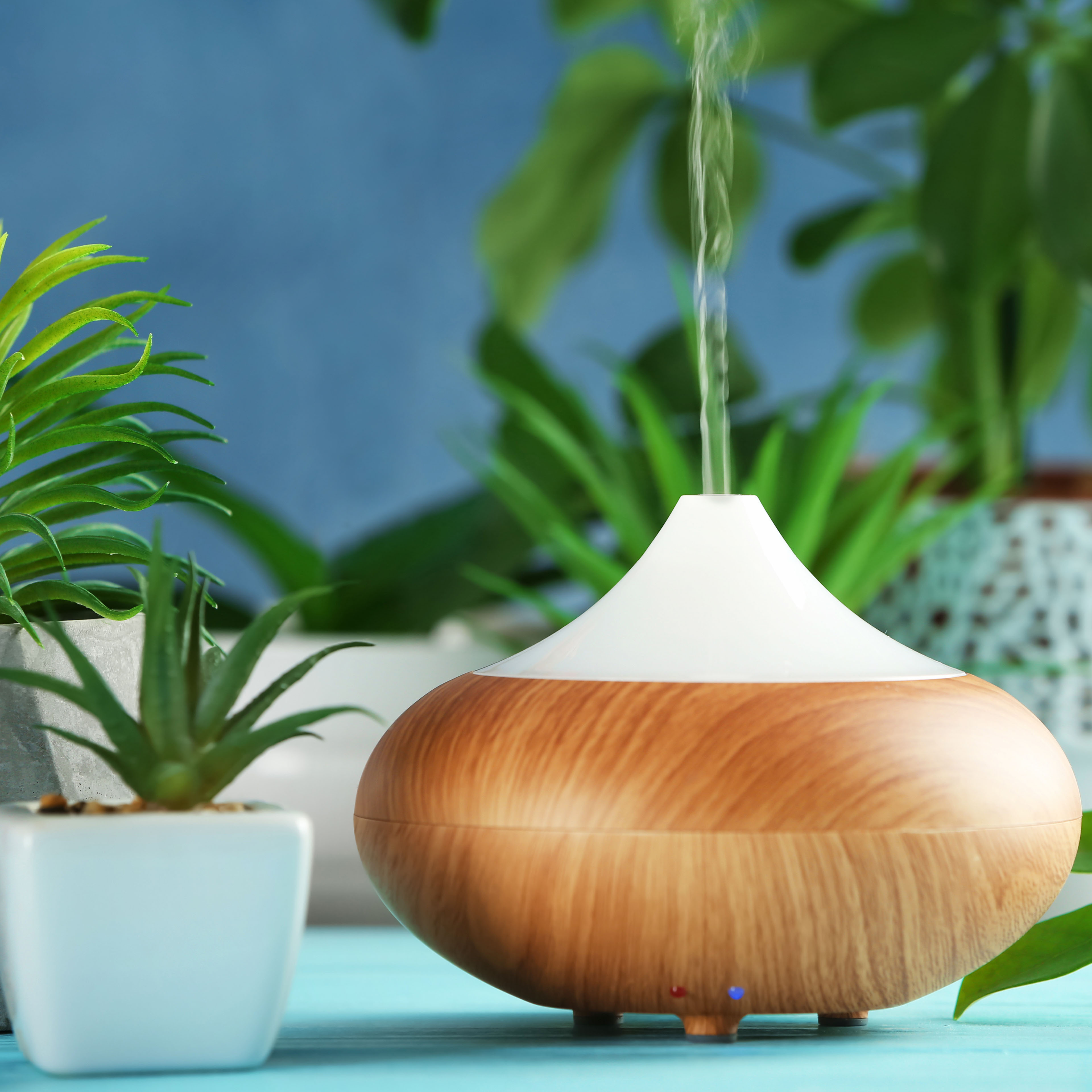
You love your garden and your neighborhood park, but there are times you must spend indoors. Maybe you’ve wished you could bring more of nature inside with you, but you’ve felt hesitant because of kids, pets, and other concerns. Which indoor plants are safe to grow? And which ones will actually fare well, apart from their natural environments?
Air garden. One option is an air garden. These plants don’t even need soil to thrive, so you don’t need to worry about your cat or kids making a mess with dirt. You can keep air plants in small terrariums or in hanging globes, and they require very little care.
Herb garden. Your kitchen windowsill might provide the perfect spot for a small indoor herb garden. Most common cooking herbs will grow well in a sunny window, and they’re obviously not poisonous since we use them in food.
Bathroom plants. If you’ve experienced trouble growing indoor plants in the past, it might be due to the environment. Some tropical plants prefer low light, high humidity, and warmth… All of which we can provide in the bathroom! Orchids, spider plants, bromeliads, some types of ferns, and many others will fare quite well in the bathroom. These can be places on high shelves or shower caddies, out of reach of children and pets.
Ferns. Many varieties of ferns are safe, and easy to grow just about anywhere. Their full lushness makes them a terrific accent for any room of the house. The following ferns are known to be safe for children, although you might want to double check with your veterinarian about specific pets: maidenhair fern, Boston fern, staghorn fern, holly fern, and bird’s nest fern.
Plants to avoid. There are more than 700 types of plants that can be toxic to children and pets when ingested. Often these plants won’t do serious harm unless a large amount is eaten, but it’s a good idea to simply avoid the risk. We can’t list all 700 of them, but here are some of the most common toxic plants to avoid:
• asparagus fern
• corn plant (also known as dragon tree, dracaena, or ribbon plant)
• dieffenbachia (dumb cane, tropic snow, or exotica)
• elephant ear
• lilies
• cyclamen
• heartleaf philodendron
• jade plant
• aloe
• satin pothos
If you do want to grow one of the above plants (such as aloe, because it really can be a helpful one to have handy), just grow it in a place where pets and kids can’t reach it. Hanging planters can be good options, depending upon your situation.
For more information on plants that will grow well indoors, and for help choosing non-toxic ones that are safe in a home with children or pets, give us a call. We’ll be happy to offer our expertise and help you select plants that meet your needs.

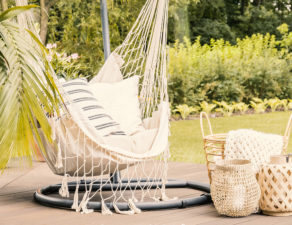


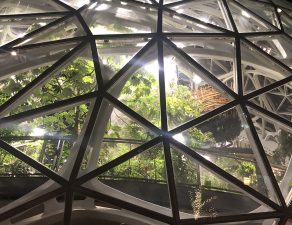
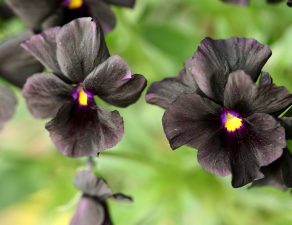

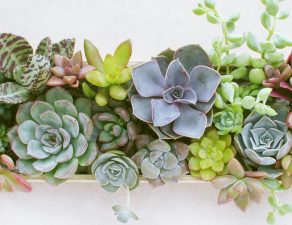

Write a comment: